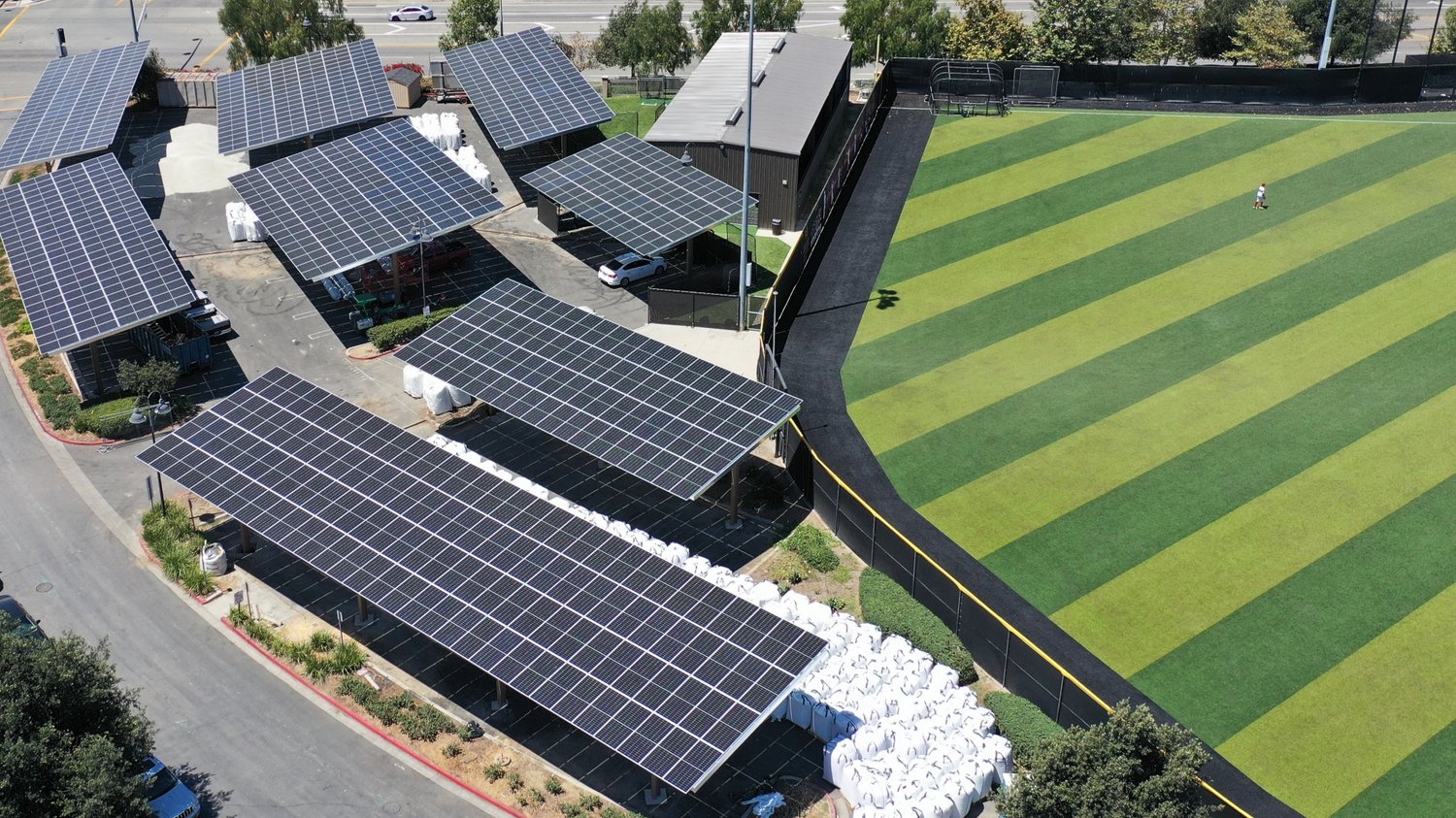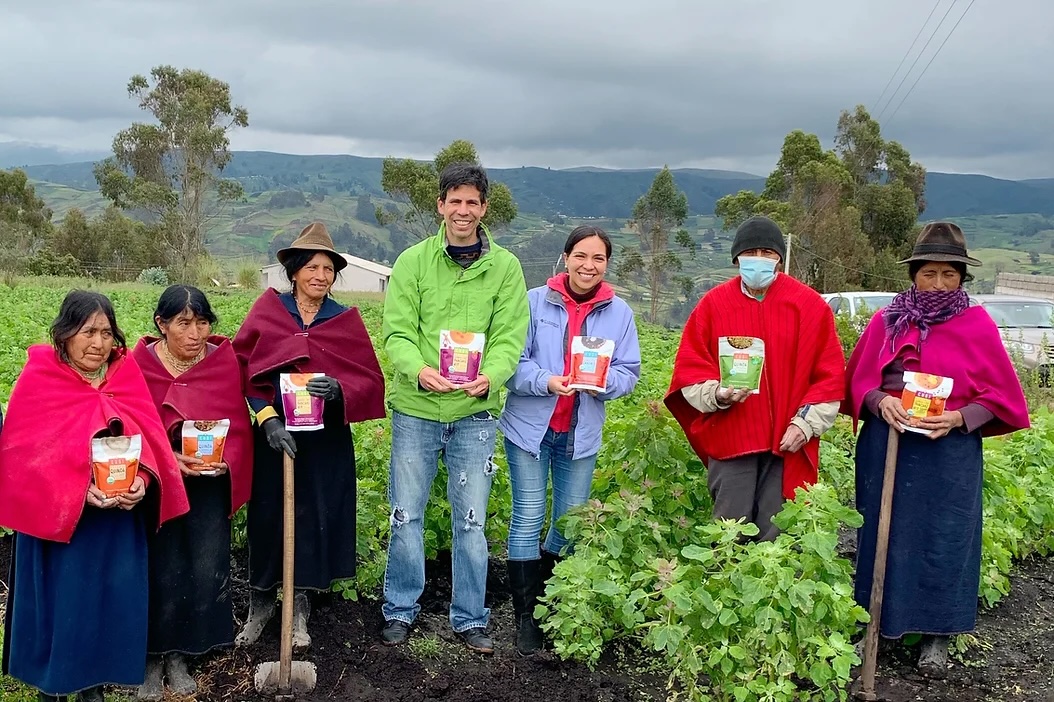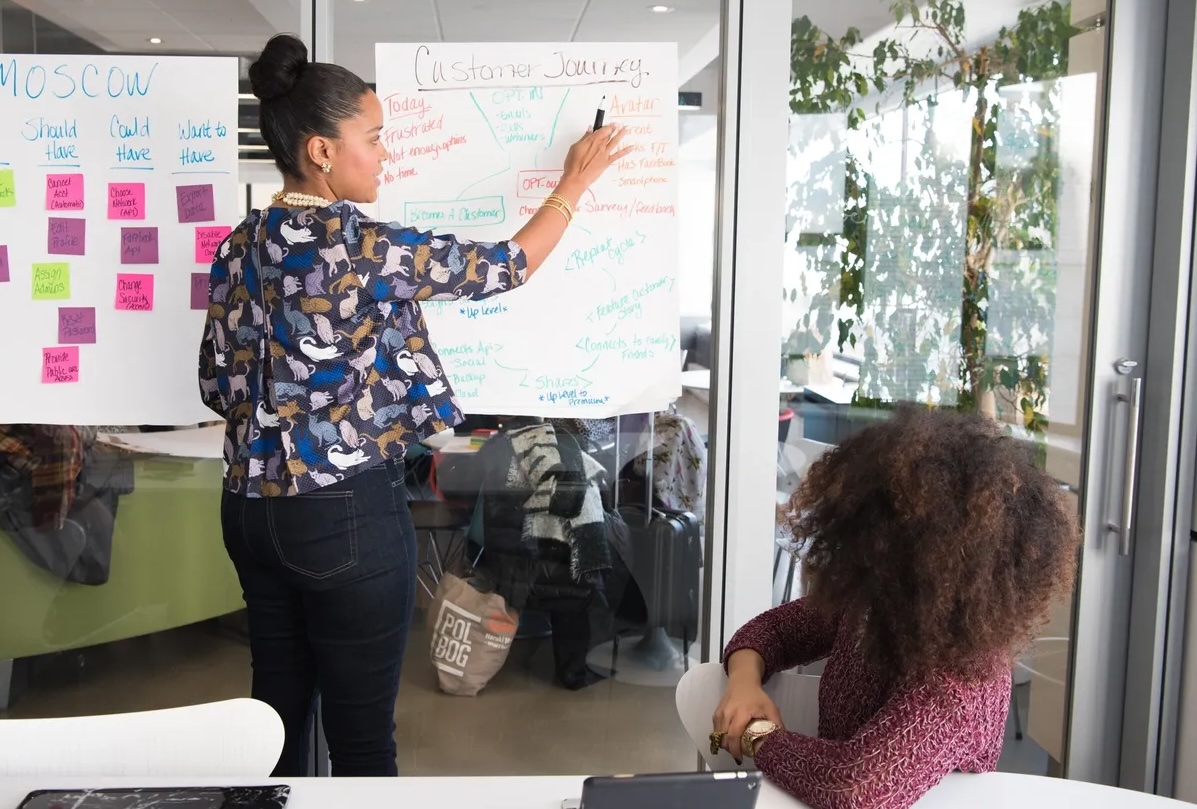ImpactAlpha, Feb. 24 – Seattle-based Nori matches farmers sequestering carbon through regenerative agriculture practices with corporate and individual buyers, like Shopify and the musician Imogen Heap. Nori has paid more than $1 million for 75,000 tons of CO2 removed by the 10 farmers on its platform.
The Series A financing was led by consumer tech VC M13 along with Toyota Ventures. “There is no problem more urgent than what Nori is tackling: carbon removal,” said M13’s Latif Peracha. “We’ve been looking to invest in companies that leverage blockchains to meet real-world needs.”
Web 3 investor Placeholder, which participated in Nori’s $4 million seed round in 2020, also re-upped.
How it works: Farmers generate Nori Removal Tons, or NRTs, a non-fungible token equivalent to one ton of carbon removed. The NRTs are retired once they are sold to a buyer, ensuring that they cannot be resold or double-counted.
Farmers are paid up front and Nori charges a transaction fee to buyers. Nori also offers buyers a warranty of sorts: in case of a wildfire or other loss of carbon sequestration, it will purchase new credits and make the buyer whole.
“There’s nowhere near enough supply to not only meet the demand, but to solve the problem” of climate change, Nori’s Paul Gambill told ImpactAlpha. “So, we tried to design a system where we’re maximizing a financial incentive for suppliers to enter the marketplace.”
Price discovery
While carbon prices on regulated markets have soared, prices for nature-based removal have lagged in the voluntary markets. Nori’s farmers, who are paid up front, have received $15 a ton to date, far below the $100 a ton fetched on Europe’s emissions trading system, the largest regulated carbon market.
“In normal liquids markets, where there is a shortage of supply and there is overwhelming demand, you would expect to see prices rise,” Gambill said. “That’s not really happening.”
Voluntary carbon markets are fragmented and opaque, he noted, and pricing information is available only when companies disclose it.
Nori plans to introduce a tradable token that will set the price for future NRTs, which will go beyond soil carbon.
“The way to win in this industry is to build out the most robust supply pipeline,” says Gambill. “The competition is going to be about who can attract the most supply, and the way for us to do that is by offering a better user experience and a better price.”











